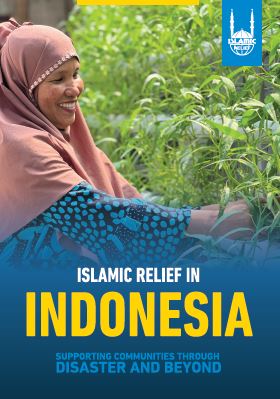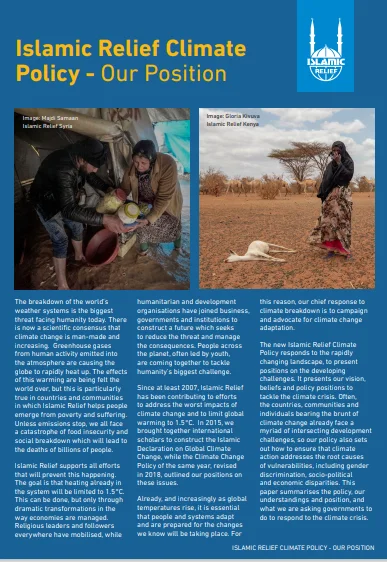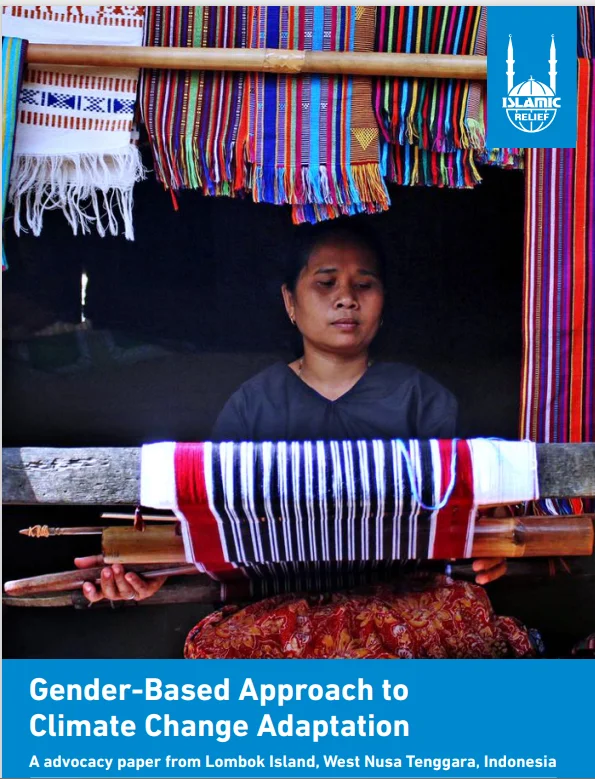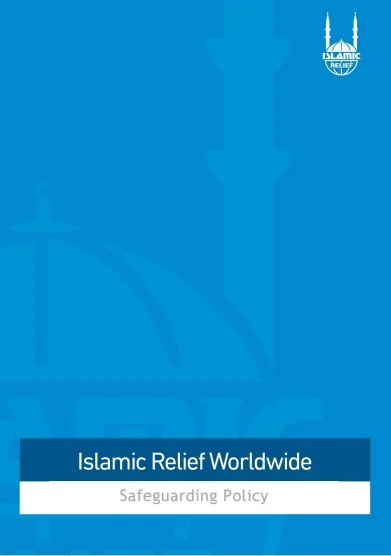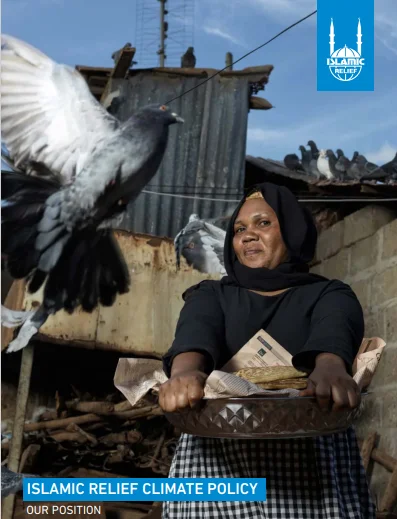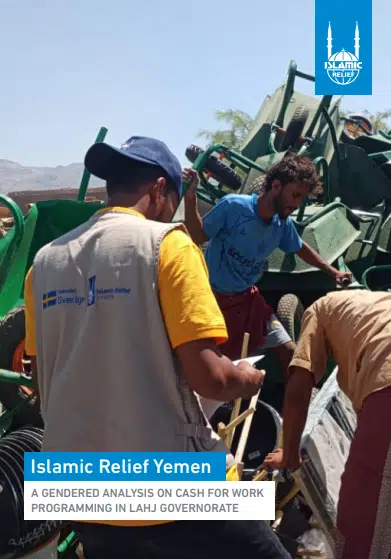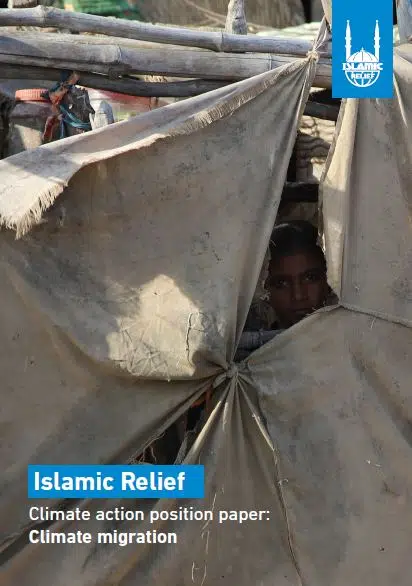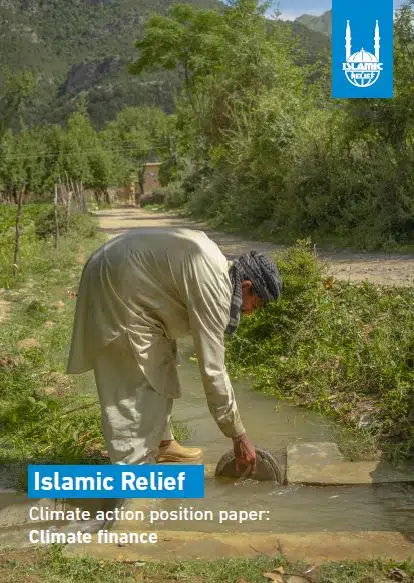Islamic Relief in Indonesia
Islamic Relief began supporting the people of Indonesia in 2000. We have grown from one office in Jakarta to operating in five provinces throughout the vast island nation. Providing emergency responses, and development programming in areas such as health, education, livelihoods, and disaster risk reduction, we have supported more than 1 million people in Indonesia. This report showcases that life-changing programming.
Download/View publication

